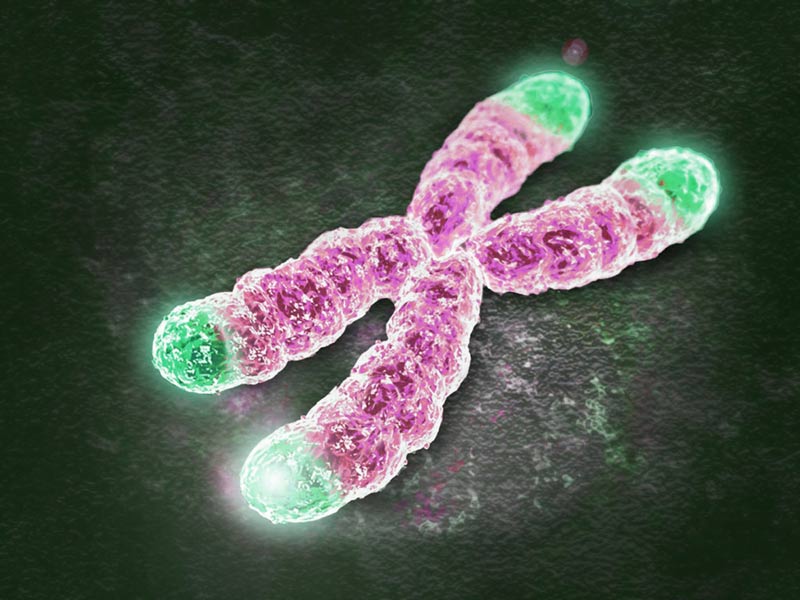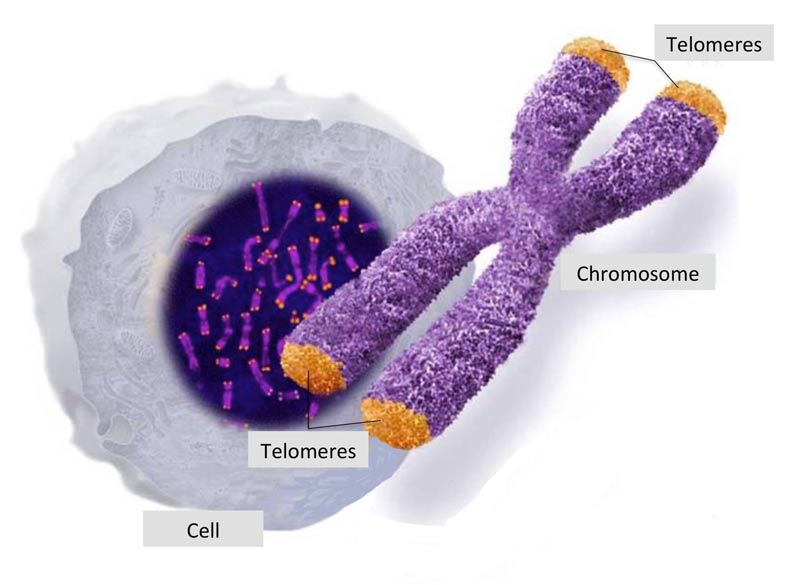
In humanity’s earliest poem, Sumerian king Gilgamesh spent much of his life searching for a magic herb that would grant him the ability to live forever. In 200 B.C.E., the first emperor of China, Qin Shi Huang, sent his subjects on an obsessive hunt for an “elixir of life”. Meanwhile, French nobles in the 16th century drank cups of gold to try extending their lifespans.
Unless you see a 16th century French noble roaming around, none of those attempts at everlasting life worked. And as of the 21st century, the human quest for immortality has been an exercise in futility. However, that doesn’t mean we’ve stopped trying. But instead of wandering thousands of miles to find a special elixir on the top of a mountain, today’s scientists and researchers are taking a different approaching: journeying inward.
Is lifespan determined by genetics?

We have begun searching our very own DNA for mechanisms at a microscopic level. Although we haven’t quite cracked the code just yet, we have stumbled across a few interesting genes that may be associated with our biological clock.
One of these genes directly affects the length of your telomeres, repetitive sequences of DNA found at the ends of your chromosomes. Some scientists believe that telomeres can unlock secrets behind the way we age. Telomeres act as “caps” on the ends of our DNA strands; they are designed to protect the DNA within each of your cells. As a cell divides, the ends of the telomeres degrade, allowing the cell to continue living. However, there comes a time when a cell’s telomere length is so short that the cell can no longer divide anymore. This results in cell death and consequently, cell aging. Thus, telomeres control a small-scale biological clock.
The process of aging remains a greyer space in our general understanding of biology, however, some studies have shown that telomere length may be associated with the life span of cells and the process of aging. Your telomere length is influenced by a range of environmental and genetic factors.
Are you more likely to have longer or shorter telomere length?
The answer lies deep within your cells. Your DNA contains your TERC gene that codes for a protein known as telomerase RNA component, or the TERC protein. Your TERC protein is responsible for adding repetitive sequences to your telomeres, which helps in maintaining their length.
A change in your TERC gene, also known as a gene variant, at a specific location in your genetic code may create a change in your TERC protein. In turn, you may have a different average telomere length and cell life span than your neighbor.
The rate of telomere shortening that you experience over your lifetime may be affected by environmental factors. These factors can either increase or decrease this rate. The following are a few lifestyle factors that may alter the rate of telomere shortening:
- Stress
- Pollution
- Smoking
- Obesity
- Exercise
- Dietary Restriction
- Antioxidants
Use Your DNA to Explore Your Telomere Length

If you're a CRI Genetics customer, you can access your Telomere Length Report in your CRI Genetics account right now and find out what your genes have to say about your longevity.
Not a CRI Genetics customer yet? Go check out any current promotions and find out how you can get the Telomere Length Report (and many more).